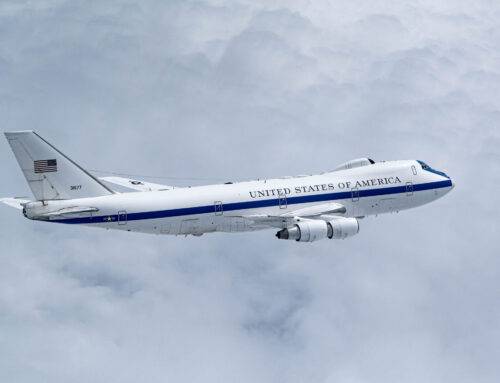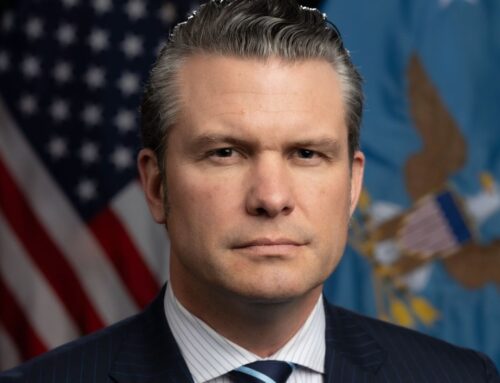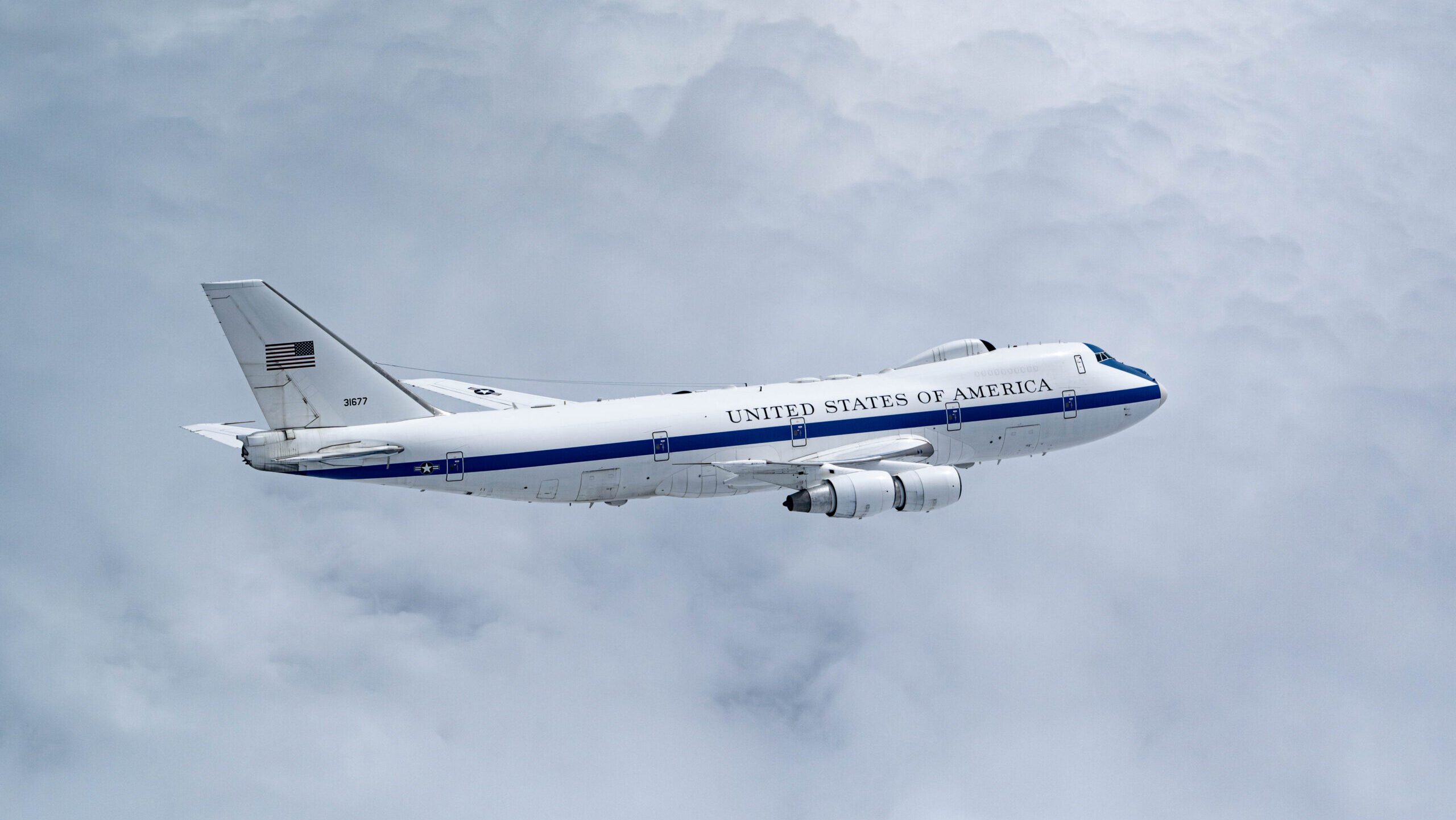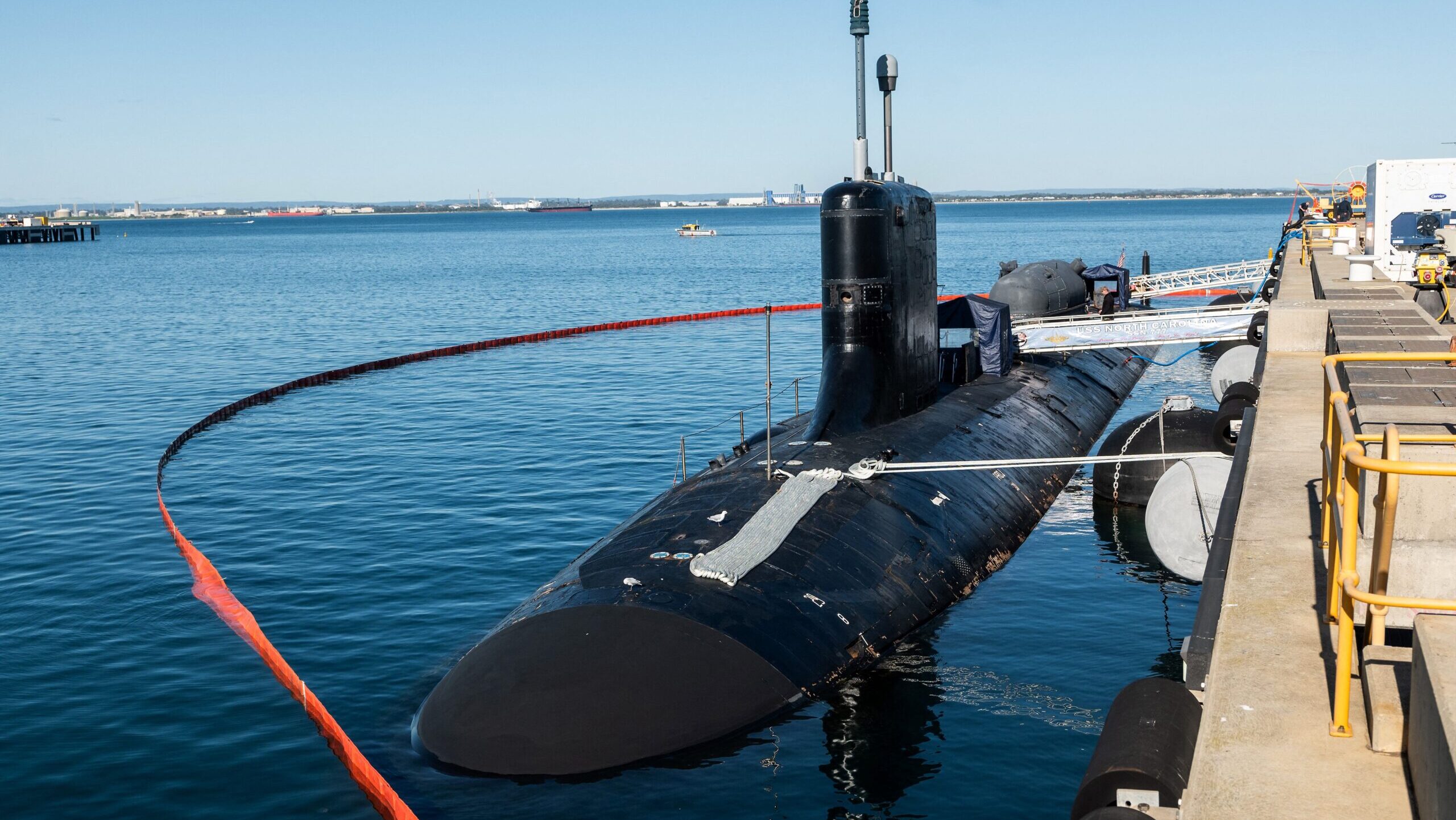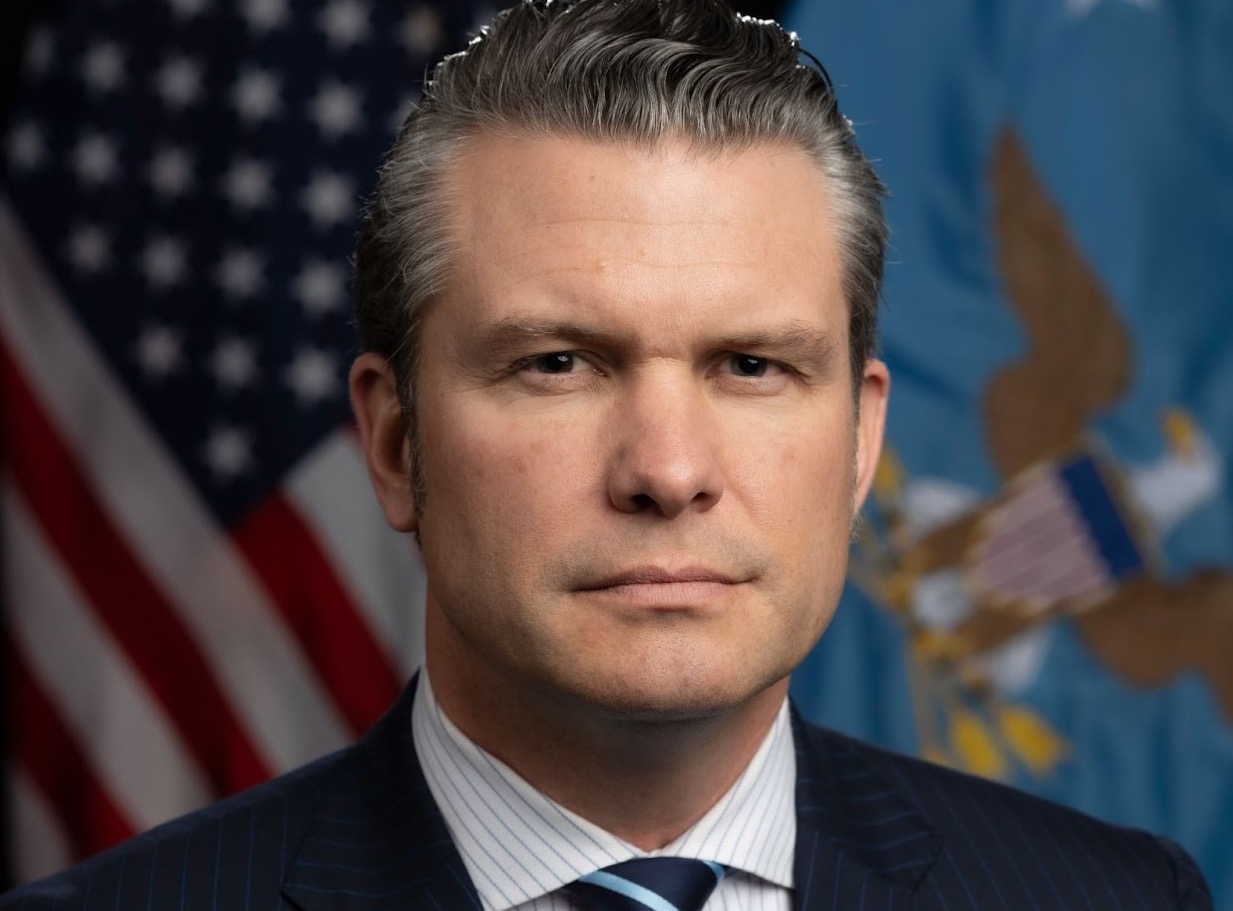
Deputy Secretary of Defense Kathleen H. Hicks enters the naming ceremony for the future submarine USS Baltimore while aboard the USS Constellation in Baltimore, Md. Sept. 20, 2024. (DoD photo by EJ Hersom)
WASHINGTON — With 10 days left until President-elect Donald Trump is sworn in for his second White House tour, Deputy Defense Secretary Kathleen Hicks today offered up four lessons for Trump’s incoming Pentagon team for dealing with America’s number one challenge: China.
“The PRC [People’s Republic of China] is the only nation with the will and increasingly the wherewithal to remake the international order by combining its economic, diplomatic, technological, and military capabilities to challenge the stable, open international system that’s done so much for so many for so long,” Hick’s told an audience at a Johns Hopkins School of Advanced International Studies event.
“We must be forthright about how advanced the PRC’s military has become, then do our utmost to out-think, out-maneuver, and out-strategize them: to prevent war if we can, by being able to prevail in a war if we must,” she said later.
Hicks has spent her tenure as the Pentagon’s number two civilian, in part, focused on shoring up the defense industrial base and expanding the US foothold inside the Indo-Pacific region. That has included her signature Replicator initiative designed to counter China’s military mass by cranking out multiple thousands of “attritable autonomous systems” within two years — think unmanned surface vessels and loitering drones.
Under the Biden administration, the US joined forces with Australia and the United Kingdom for a new trilateral security partnership dubbed AUKUS, while also inking co-production deals with several nations including India and Australia.
When it comes to specific weapon systems aimed at deterring China, Hicks touted the US Marine Corps’s new Remotely Operated Ground Unit for Expeditionary Fires (ROGUE-Fires), the Army’s Typhon mid-range weapon, and Air Force plans for a collaborative combat aircraft.
Much more needs to be done, though, and Hicks provided her successor — billionaire financier Stephen Feinberg, should his confirmation go through — with four key broad focus areas:
1. Stay Focused On The Top Priority
For many years now whenever the Pentagon or White House has said it will make the “Pacific pivot” to focus more of its effort on competing with China, unfailingly a crisis arose somewhere else in the world that demanded more attention and the pivot was put on the backburner. In her remarks today, Hicks urged incoming officials to keep Beijing front and center — “stick to your strategy and use that as your guide,” especially given finite resources.
“Unlimited budgets don’t help the taxpayer and don’t automatically translate into military strength,” she added. “So senior decision-makers must rigorously align ends, ways, and means, to ensure the strategy itself remains right and DoD can deliver on it. And if it isn’t delivering, those same leaders must drive change from the top.”
Continue building on progress under the first Trump and Biden administrations, Hicks said, and it is advantageous to do so with a with a “sober-minded approach” that doesn’t overinflates or underestimates the nature of the competition.
2. Home In On Execution And Delivery
The US DoD is a massive bureaucracy and reorienting towards “strategic competition isn’t for the faint of heart,” Hicks said.
Touting weapon modernization developments over the past few years, Hicks urged the Trump administration to continue onward investing in everything from weapons to platforms to shoring up the kill chains.
“We’ve focused relentlessly on driving changes needed to outpace the PRC and ensure our enduring military advantage,” she said. “The result has been a more modernized, lethal, agile force, across our capabilities, operational concepts, posture, and much more.”
3. Leverage The ‘Vibrant’ Network Of Allies And Partners
While the Biden administration has spent time trying to expand its military partnerships in the Indo-Pacific region, Hicks warned that strategic competition rarely stops with armed forces.
“When competitors like China act coercively using gray zone tactics, the most effective counters may be intelligence sharing, economic measures, diplomatic actions, or other activities. Sometimes DoD should contribute, but not always,” she said. “We must use all levers of national power, and more.”
The United States’s private sector is an “asymmetric advantage” that must continually be tended to, she added, noting that the incoming administration should keep an eye on everything from critical minerals and microelectronics to supply chains.
4. Actions And Words Matter
A military conflict between China and the US is not inevitable, but incoming officials must “attend to your actions and your words, they matter more than you think,” Hicks warned.
Both sides, she added, need to be cautious of misunderstandings, miscalculations, or inadvertent escalation.
“Some think this may already be a factor in today’s strategic competition between America and the PRC,” Hicks told the audience. “Whether or not you agree, the possibility of a security dilemma should inform PRC and US policy.”
“After all, we want our operations, activities, investments, and messages to maintain deterrence, not needlessly provoke Beijing into starting a war,” she added.




